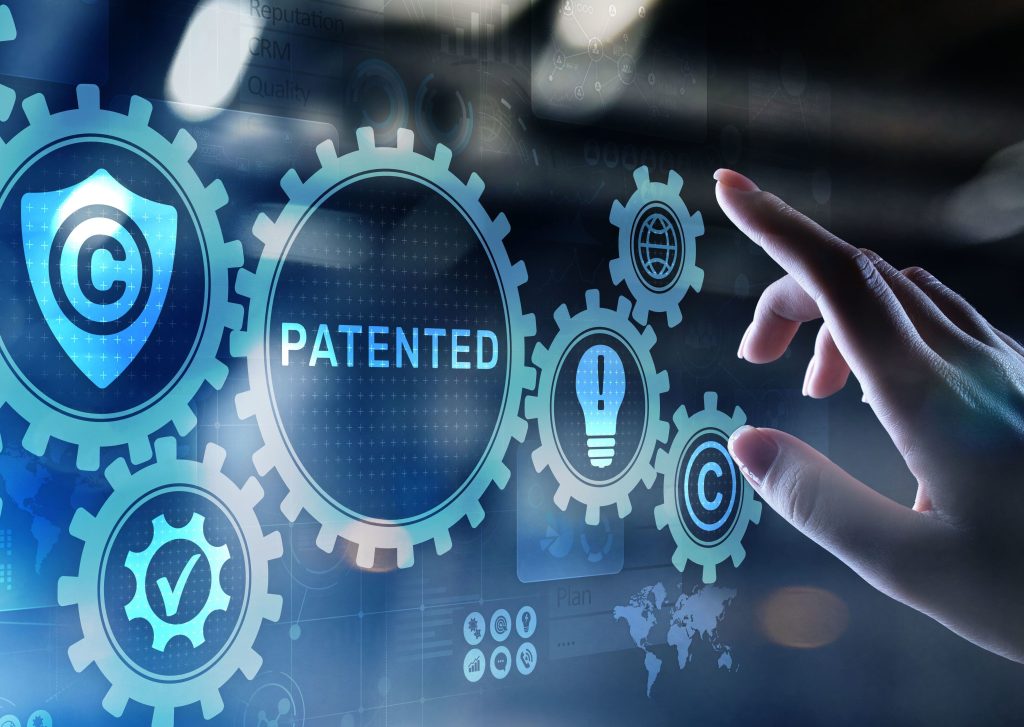Unlike in the European Union, there are various countries, such as the United States, that have a grace period for patents, i.e., a period during which an inventor can make the invention public without this disclosure getting in the way of a subsequent filing of a patent application. In the United States, the grace period is 12 months.
For example, an inventor can still apply for a U.S. patent after publicly presenting the invention at a trade show. The disclosure in the presentation is not considered “prior publication” for purposes of a patent application if the applicant files the invention within 12 months of the presentation. (35 U.S.C.S. § 102).
The Supreme Court affirmed on January 22, 2019 (Helsinn Healthcare S.A. v. Teva Pharm. USA, Inc. – 139 S. Ct. 628 (2019)) that inventors should not delay filing their patent applications and should preferably file them within one year of marketing the invention, as even an offer or sale (offer for sale) of subject matter under a non-disclosure agreement (NDAs) in the United States triggers the “on sale” bar and thus the start of the grace period.
For patents filed after March 16, 2013 this also applies to a sale outside the United States (Public Law 112-29 Leahy –Smith America Invents Act, AIA). For patents filed before that (pre-AIA), only a sale within the US triggered the so-called “on sale” bar.
Not considered an offer to sell (“on sale” bar not triggered):
- Advertising for a product not yet developed
- Pre-announcement of a product
- Passing on technical knowledge about a process – where the recipient must develop the product himself
- Agreement to manufacture
- Inventor retains control in case of “experimental” use
Considered an offer for sale (“on sale” bar triggered):
- License agreements
- Provision of services in connection with a product (preparation of reports)
- Submission of detailed technical drawings to a potential licensee
- Orders not accepted or cancelled
- Secret sales where the details of the invention are not made public
Thus, in addition to “secret sales” – sales where the details are not published – leases, licenses and offers, even if rejected or canceled, can trigger the “on sale” bar and thereby start the clock on the grace period.
Therefore, we recommend that you ensure that all contracts with third party vendors and/or manufacturers clearly state that the contract is for services provided, not products to be sold, as well as that the inventor retains protection on any products that represent his or her invention.
Please feel free to contact us for further information regarding patent applications in the United States.
